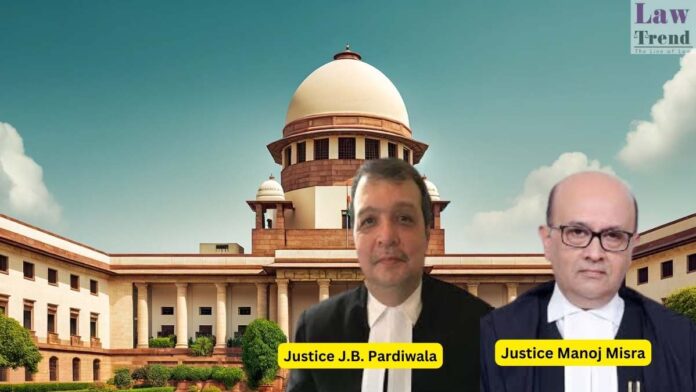In a significant ruling, the Supreme Court of India has clarified the jurisdiction of execution courts in matters involving the rescission or extension of time under Section 28 of the Indian Contract Act, 1872. The judgment was delivered in the case titled Ishwar (since deceased) through LRs & Ors. v. Bhim Singh & Anr., Civil
To Read More Please Subscribe to VIP Membership for Unlimited Access to All the Articles, Download Available Copies of Judgments/Order, Acess to Central/State Bare Acts, Advertisement Free Content, Access to More than 4000 Legal Drafts( Readymade Editable Formats of Suits, Petitions, Writs, Legal Notices, Divorce Petitions, 138 Notices, Bail Applications etc.) in Hindi and English.




